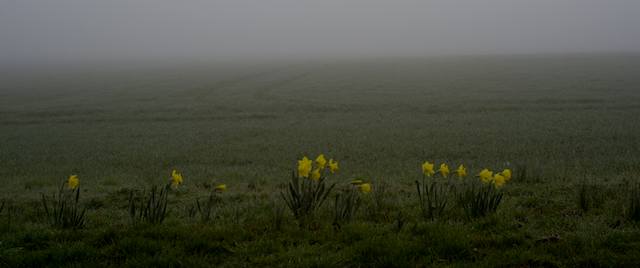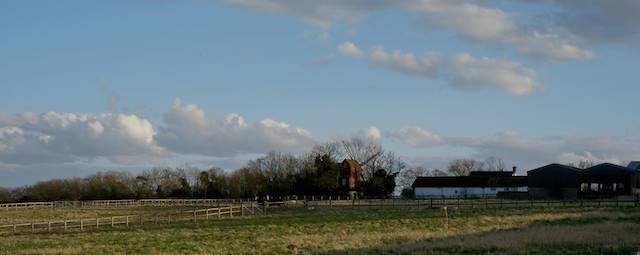Hooray! The OU’s evolution megalab project is up and running. Press Release says:
Snails, often the unloved blight of gardeners, are being put under the microscope with a new public science project being launched today (Monday 30 March) by The Open University. The Evolution MegaLab is a mass public research programme which is investigating how ordinary banded snails – found in back gardens, river banks and parks – have evolved over the last 40 years, by comparing data supplied by members of the public with a database of more than 8,000 historical records.
The project runs from April to October 2009, spanning Europe, and relies on members of the public doing their own snail hunts and submitting their findings to the website at www.evolutionmegalab.org. When data is received, people will get personalised interpretations of their observations. At the end of the year the results will be analysed by a group of leading evolutionary biologists, co-ordinated by scientists from The Open University.
Scientists believe that climate change and predators may have caused the banded snail population to shift habitat and even change their appearance. Professor Jonathan Silvertown of The Open University explains: “Banded snails wear their genes on their backs. Their colours and banding patterns are marvellously varied – but the darker shell types are more common in woodland, where the background colour is brown, while in grass banded snails tend to be lighter-coloured, yellow and stripier. These differences are thought to have evolved over time because they provide camouflage from thrushes, which like to eat the snails.”
Hmmm… We have snails in our garden at home, where they are regarded (at least by the Head Gardener) with unmitigated distaste. Various remedies are proposed by helpful friends — e.g. drowning them in beer. Somehow I can’t see her (the Head Gardener) taking kindly to the idea of them as evolutionary witnesses.
Credits: The Evolution Megalab is one of Doug Clow’s projects. See his blog entry about it.



